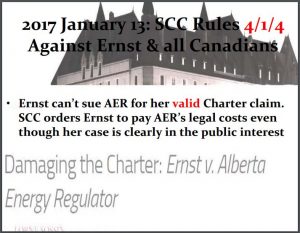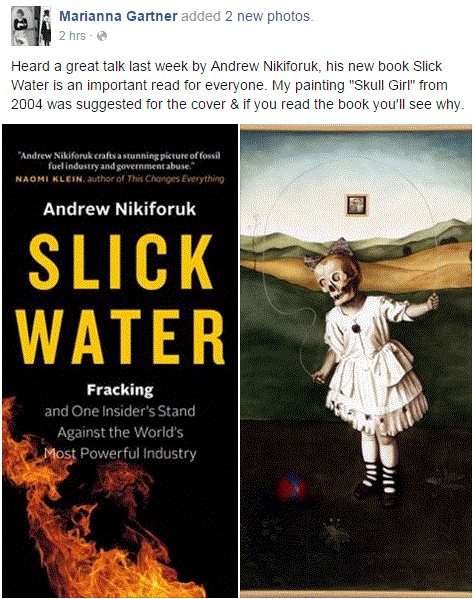A few tweets in response:
Peter Sankoff@petersankoff, No surprise – and yet a pleasant surprise. In addition to being a great legal mind, Lorne is one of the true good guys in the profession. I was lucky enough to interact with him while he was the Dean at Osgoode Hall, and it was always a pleasure. Hear hear!!!
Peter Sankoff@petersankoff, Honestly, it has not been a week full of good news, but I’m exceptionally pleased about this appointment. ![]() Me too!
Me too!![]()
Minister of Justice and Attorney General of Canada announces a judicial appointment in the province of Ontario News Release by Department of Justice Canada, Nov 26, 2020

The Honourable David Lametti, Minister of Justice and Attorney General of Canada, today announced the following appointment under the judicial application process established in 2016. This process emphasizes transparency, merit, and the diversity of the Canadian population, and will continue to ensure the appointment of jurists who meet the highest standards of excellence and integrity.
The Honourable Lorne Sossin, a Judge of the Superior Court of Justice of Ontario, is appointed a Justice of the Court of Appeal for Ontario. Mr. Justice Sossin replaces Madam Justice J.M. Fairburn (Toronto), who was appointed Associate Chief Justice of Ontario effective September 2, 2020.
“I wish Justice Sossin every success as he takes on his new role. I am confident he will continue to serve Ontarians well as a member of the Court of Appeal.” —The Hon. David Lametti, Minister of Justice and Attorney General of Canada
Biography
Justice Lorne Sossin was appointed to the Superior Court of Justice of Ontario in 2018. He graduated from Osgoode Hall Law School in 1992 and was admitted to the Ontario Bar in 1996. He holds doctorates in political science from the University of Toronto (1993) and in law from Columbia University (1999).
At the time of his appointment to the Superior Court of Justice, Mr. Justice Sossin had been Dean of Osgoode Hall Law School since 2010. He had previously held several positions at Osgoode Hall Law School (1999-2001) and the Faculty of Law, University of Toronto (2002-2010). Prior to that, he had been an associate with Borden & Elliott (now Borden Ladner Gervais), after serving as a law clerk to former Chief Justice Antonio Lamer of the Supreme Court of Canada. As Dean, Justice Sossin promoted initiatives for accessibility in legal education, the expansion of legal clinics and experiential learning, community engagement, and reconciliation with Indigenous peoples.
Justice Sossin has contributed as a board member to numerous organizations, including the National Judicial Institute, the Law Foundation of Ontario, and the Law Commission of Ontario. He also served as the Vice Chair of the Ontario Health Professions Appeal and Review Board and Health Services Appeal and Review Board, and as the Integrity Commissioner and the Open Meeting Investigator for the City of Toronto. Justice Sossin has been active in a number of community organizations, including serving as Chair of Reena’s Board of Directors.
Quick facts
- At the Superior Court level, more than 415 judges have been appointed since November 2015. These exceptional jurists represent the diversity that strengthens Canada. Of these judges, more than half are women, and appointments reflect an increased representation of visible minorities, Indigenous, LGBTQ2+, and those who self-identify as having a disability.
- The Government of Canada is committed to promoting access to justice for all Canadians. To improve outcomes for Canadian families, Budget 2018 provides funding of $77.2 million over four years to support the expansion of unified family courts, beginning in 2019-2020. This investment in the family justice system will create 39 new judicial positions in Alberta, Ontario, Nova Scotia, and Newfoundland and Labrador.
- Federal judicial appointments are made by the Governor General, acting on the advice of the federal Cabinet and recommendations from the Minister of Justice.
- The Judicial Advisory Committees across Canada play a key role in evaluating judicial applications. There are 17 Judicial Advisory Committees, with each province and territory represented.
- Significant reforms to the role and structure of the Judicial Advisory Committees, aimed at enhancing the independence and transparency of the process, were announced on October 20, 2016.
Contacts
For more information, media may contact:
Rachel Rappaport
Press Secretary
Office of the Minister of Justice
613-992-6568
email hidden; JavaScript is required
Media Relations
Department of Justice Canada
613-957-4207
email hidden; JavaScript is required

Refer also to:


***
supreme court of Canada pisses on the rule of law, damages Canada’s Charter and knowingly lies in their ruling in Ernst vs AER. Worse, the court sends the lie to the media but not the part of their ruling where the lie is specified as such.


2015: Scary! Stephen Harper’s courts: How the judiciary in Canada has been remade

Cartoon by Michael de Adder
7/9 of the supreme court of Canada judges that heard Ernst vs AER were appointed by the anti-Canada, anti-Charter, anti-environment, pro America, pro big oil, buddy of law-violators Encana/AER, Steve Harper Klan (that hatched heinous frac-up Alberta Premier Jason Kenney)


2014 01: Court Politics How justices’ upbringing, education and proclivities shape their rulings Book Review by Bob Tarantino, Literary Review of Canada
Book Reviewed: Governing from the Bench: The Supreme Court of Canada and the Judicial Role by Emmett Macfarlane, UBC Press, ISBN 9780774823517
“…there can be little doubt that a justice’s background, ideology, persona values, or life and educational experiences influence her decision making…
“Even judges themselves occasionally acknowledge this truth: Justice Rosalie Abella is quoted as saying that each judge ‘is armed not only with relevant legal texts, but with a set of values, experiences and assumptions that are thoroughly embedded.’
As long ago as 1988, former justice Estey was noting that, as Macfarlane describes it, ‘it worried him that Canadians still did not realize that the Court’s decisions are dependent on the personality of each judge.’”
***
Email to Ernst:
… You’ve proven that oil companies are above the law. Such a hard won victory for you but what a foot hold for others pursuing claims against oil companies in the future. Dragging the dark into light is the work of giants and you did it!
I hope this finds you in good spirits.
Thank you again for staying the line
Deb Macleod
Rick Wyrozub [Alberta lawyer]
***
Emmett Macfarlane@EmmMacfarlane Poli Sci Prof, UWaterloo. Constitutional Law, Public Policy & Cdn Politics. Author & editor of books:
Law is politics people. Never forget.
***

